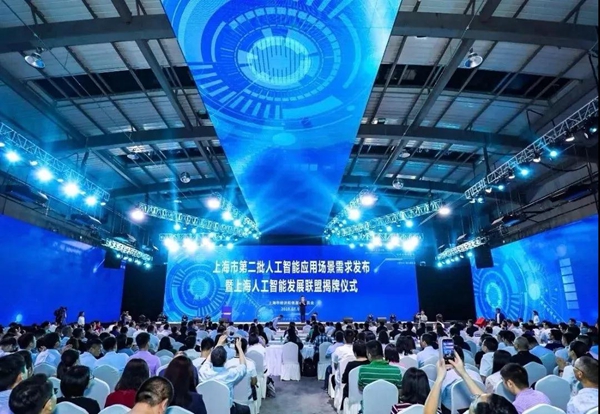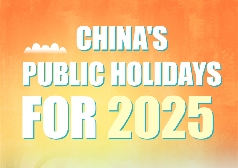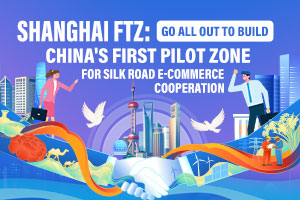Shanghai to expand AI applications

Shanghai holds a ceremony to unveil its new plans to expand artificial intelligence applications in the city. [Photo from Wechat account pdnews]
Shanghai officially announced on July 2 a set of scenarios in which it saw 28 new artificial intelligence applications expanding in the city and officials said it would collect solutions from global AI companies to implement the scenarios.
In response to the 2019 World Artificial Intelligence Conference, the scenarios will help create a comprehensive AI application cluster in Shanghai, officials said.
For example, it is proposed that the Science and Technology Commission of the Pudong New Area implements smart buildings, smart businesses, smart driving and other scenarios in the Pudong World Expo area.
To facilitate the construction of a smart city, the new plans will help improve Shanghai's subway, bus services as well as waste sorting. For example, Shanghai Chengtou Environmental Company's "application of AI technology in the classification of domestic waste" has detailed requirements from identifying alarms, sorting and clearing, to recycling robots.
Officials said the applications plans released by the China Foreign Exchange Trading Center, the China-Israel Taopu Smart City and the East Sea Bridge have the potential to become world-class application scenarios with a global impact.
The 28 development scenarios will also focus on tackling hard technological issues to realize a full coverage of AI technology through the different levels of industry, reduce costs and improve efficiency.
Wu Jincheng, director of the Municipal Economic and Information Committee, said that Shanghai will make a big effort to open more application scenarios and encourage the latest achievements in AI.
Along with the new plans, the formation was announced of the Shanghai Artificial Intelligence Industry Security Expert Advisory Committee, as well as the setting up of Shanghai's Initiative for Artificial Intelligence Security Development.
The committee is composed of experts from universities, research institutes and enterprises and is led by He Jifeng, an academician at the Chinese Academy of Sciences.


 China's public holidays for 2025
China's public holidays for 2025  Shanghai FTZ: Go all out to build China's first pilot zone for Silk Road E-commerce cooperation
Shanghai FTZ: Go all out to build China's first pilot zone for Silk Road E-commerce cooperation  Favorable policies boost 'China Travel' trend
Favorable policies boost 'China Travel' trend  play
play 